South Korea says about 10 North Korean troops crossed their border so it fired warning shots
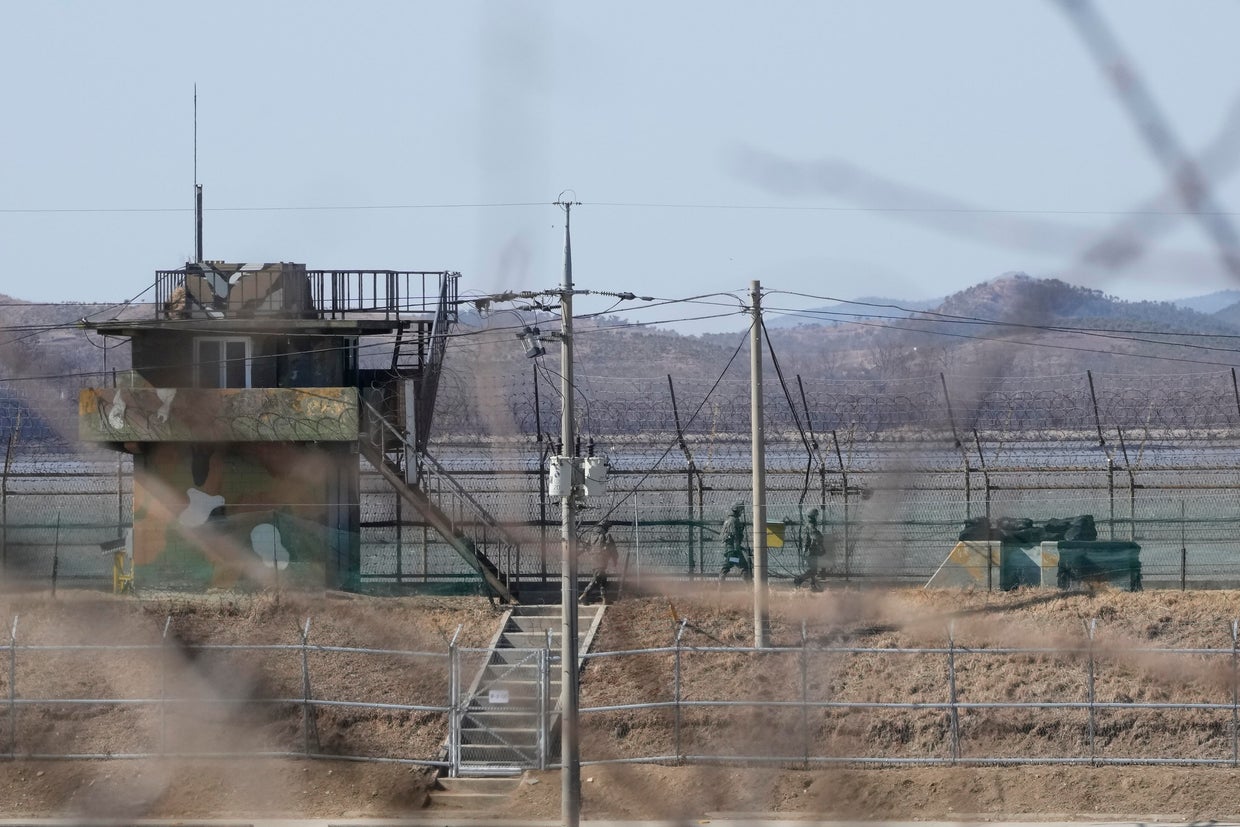
South Korean Military Responds to North Korean Border Incursion
South Korea’s armed forces were compelled to fire warning shots on Tuesday after North Korean soldiers crossed the heavily militarized border between the two nations, according to South Korean military officials. The incident occurred around 5 p.m. in the eastern section of the border, where approximately 10 North Korean soldiers, some equipped with firearms and bulletproof vests, breached the military demarcation line.
The South Korean military responded by making warning broadcasts and firing shots, after which the North Korean troops retreated back to their territory. This swift action underscores South Korea’s vigilance and readiness to counteract any potential threats from the North.
Details of the Border Violation
The Demilitarized Zone (DMZ), spanning 155 miles in length and 2.5 miles in width, is known as the world’s most heavily fortified border. Littered with an estimated 2 million mines and reinforced with barbed wire fences, tank traps, and combat troops, the DMZ stands as a stark reminder of the ongoing hostilities stemming from the Korean War, which concluded in 1953 with an armistice rather than a peace treaty.
While violent clashes have sporadically erupted along this tense border, the recent intrusion by North Korean soldiers did not escalate into a significant conflict. This incident follows a similar occurrence last June, which also did not lead to heightened tensions, as South Korean officials determined the crossing was not intentional.
Regional Tensions and International Relations
|
Current relations between the Koreas are particularly strained as North Korean leader Kim Jong Un persistently showcases his military’s nuclear capabilities and strengthens his alliance with Russia, particularly in support of President Vladimir Putin’s actions in Ukraine. Despite international pressures, Kim continues to reject calls from Seoul and Washington to engage in denuclearization talks.
Amidst these tensions, the U.S. political landscape is also experiencing shifts, with President Trump expressing intentions to reinitiate diplomacy with North Korea since his inauguration on January 20. However, North Korea has yet to respond to President Trump’s overtures and has accused the U.S. of intensifying hostilities.
Furthermore, South Korea is currently grappling with its own political challenges following the recent removal of President Yoon Suk Yeol, who faced criticism for his decision to impose martial law. This leadership vacuum adds another layer of complexity to the already volatile regional dynamics.
The South Korean military remains on high alert, closely monitoring North Korean activities to ensure the security and stability of the region.




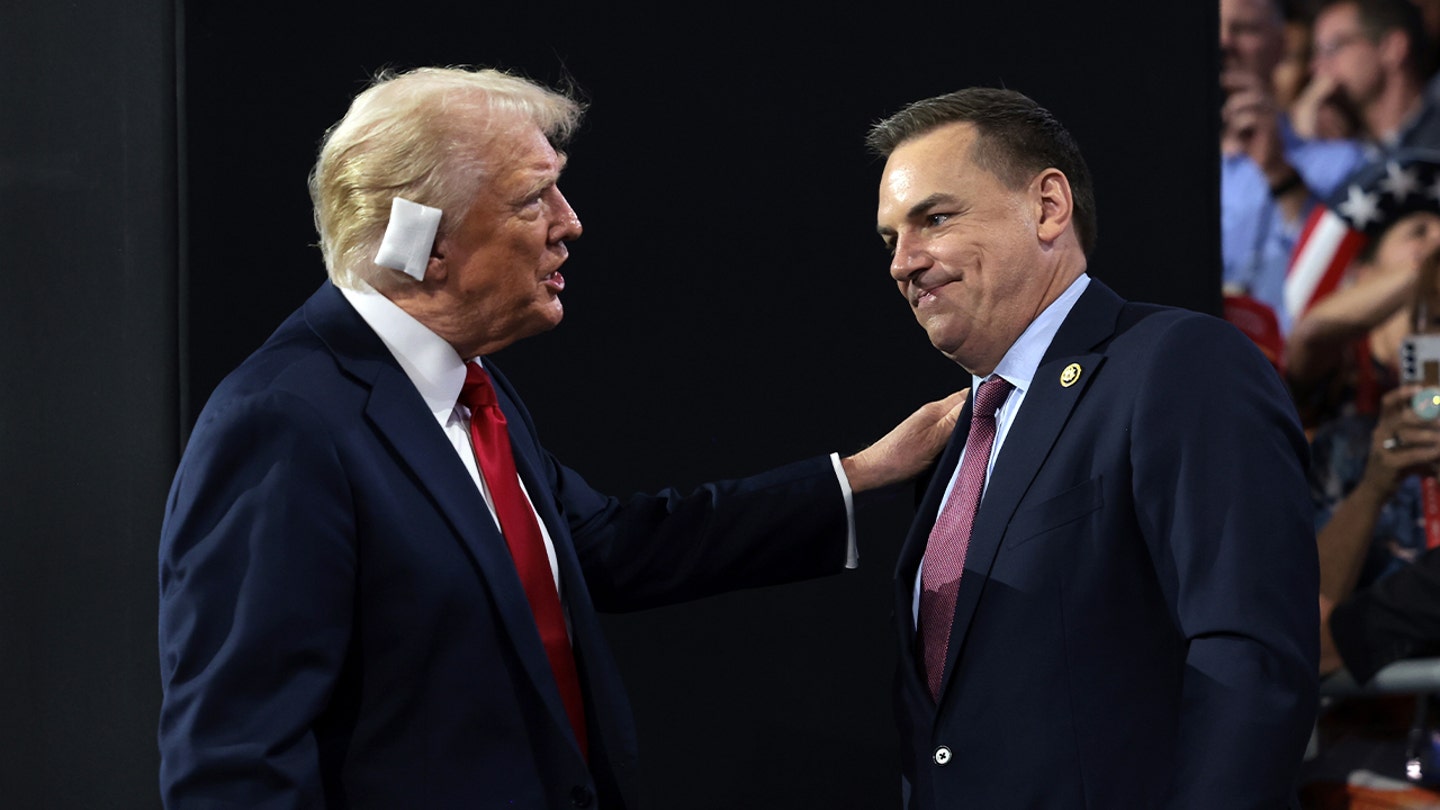
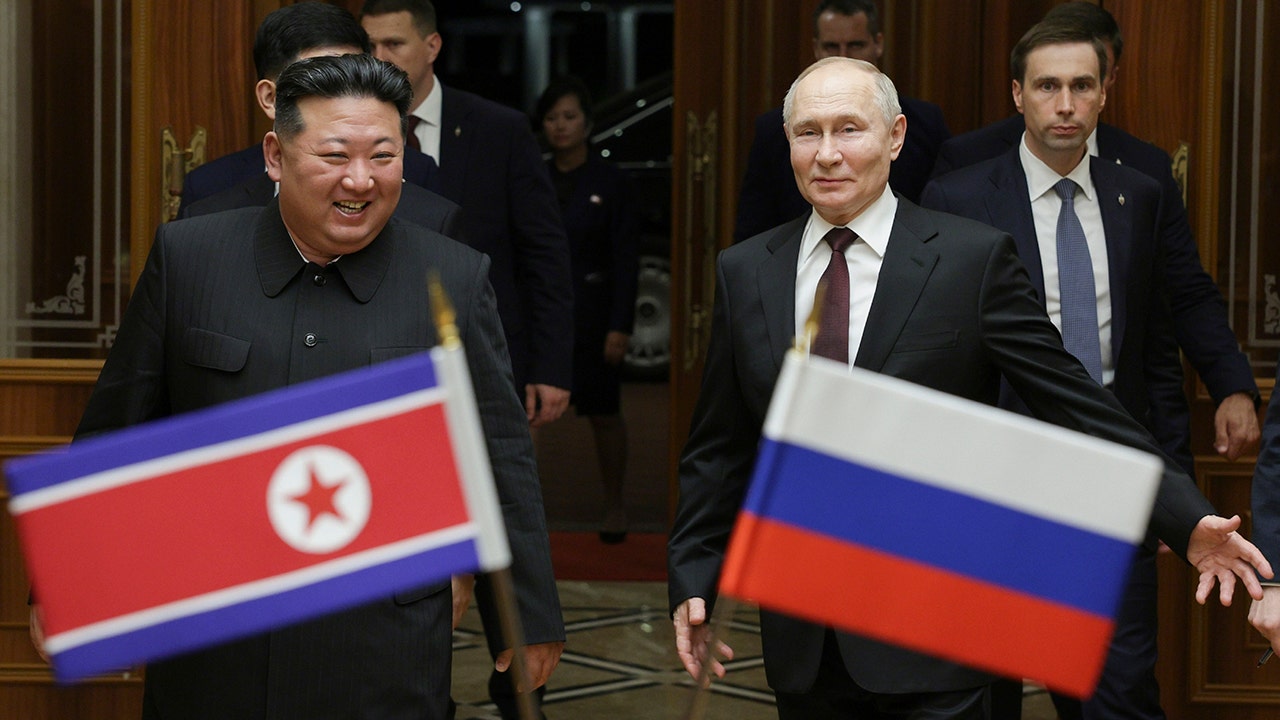
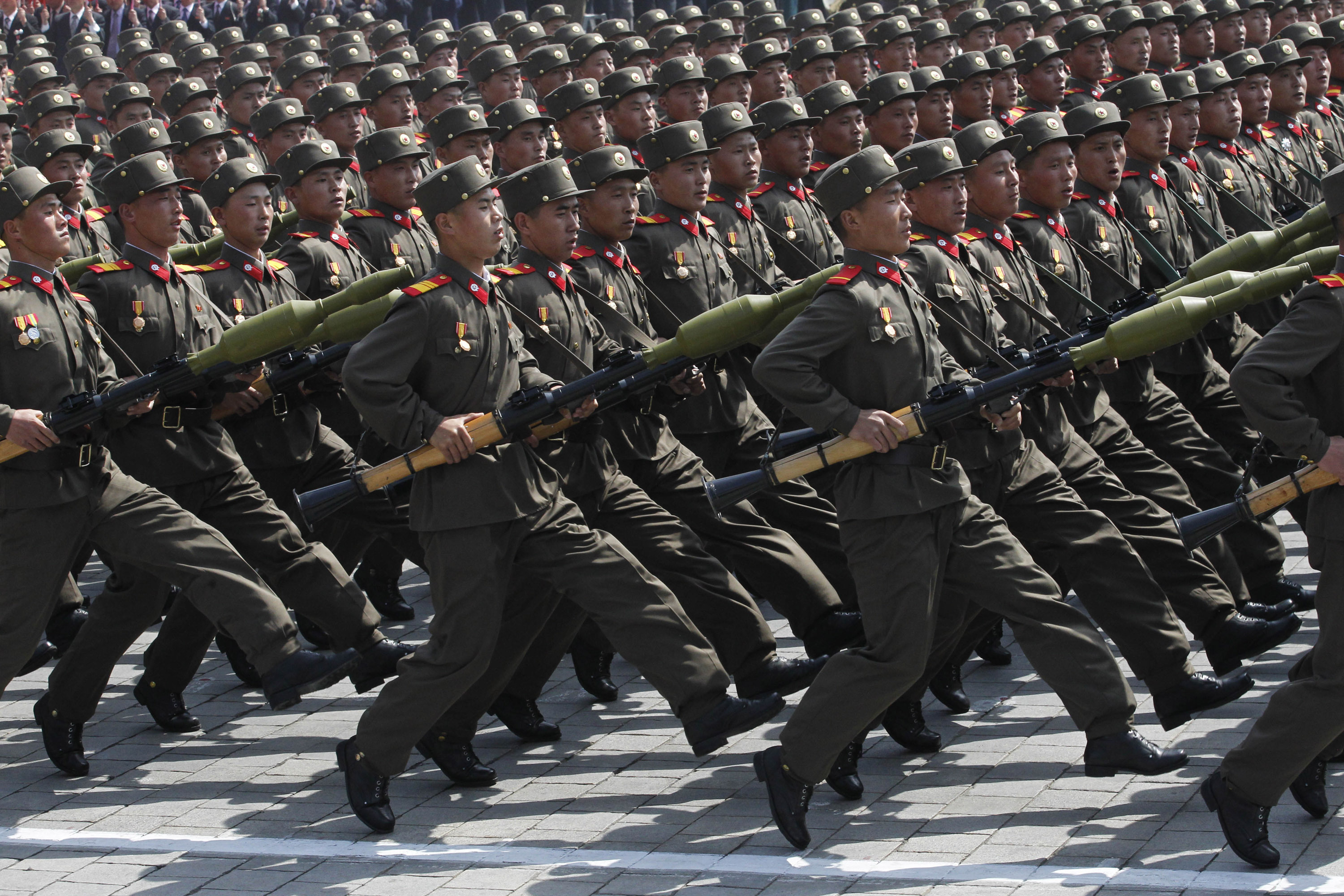
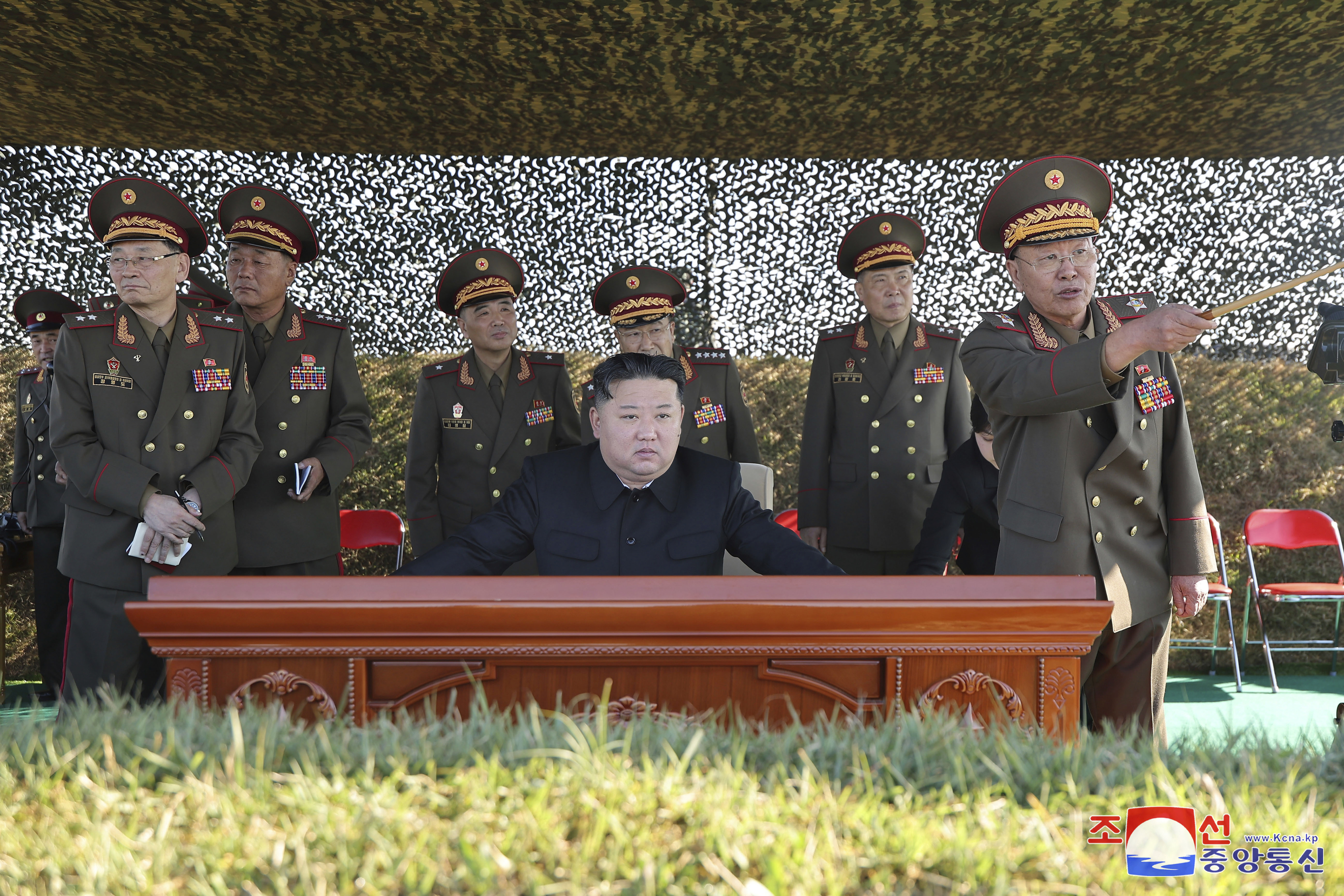

No Comments